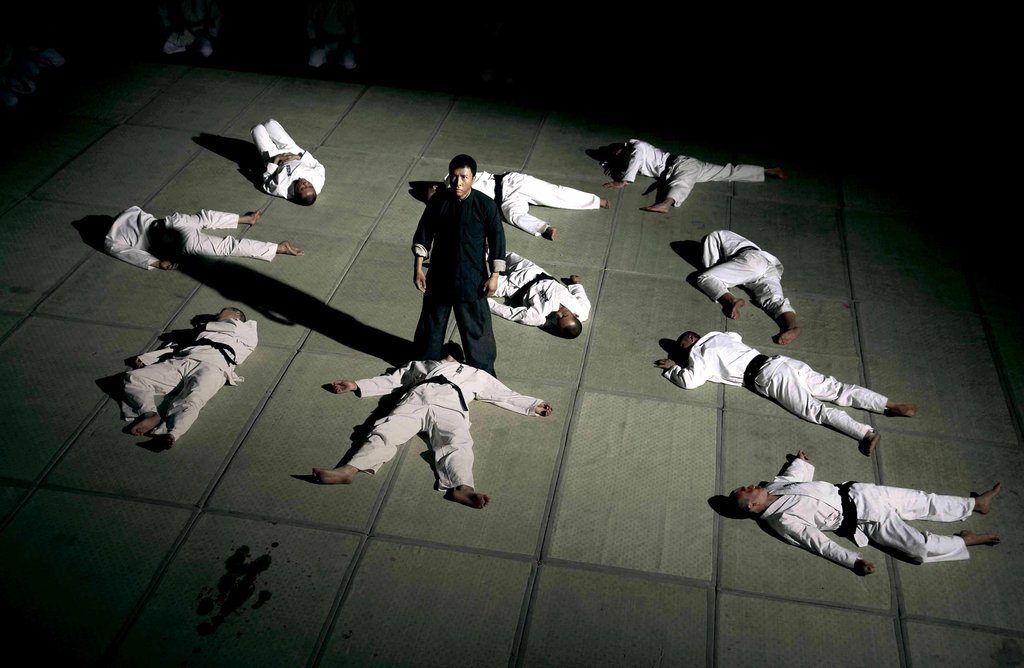
Sometimes we hang out in bad company. Toxic relationships, negative relatives or pestiferous media feeds. Maybe recurring feelings or voices inside our head. Maybe drama we seem inexplicably pulled into, again and again.
And any serious expedition outside the protective boundaries of our comfort zones, with new projects or ways of being, draw undesirable attention as well.
These undesirables often present themselves as “reason givers.” As in only looking out for what’s best for you. Or what’s logical. Common sense. And they may sound quite reasonable indeed. Inside or out these false friends tend to fall into 4 categories:
- Obstacle revealers: who love to point out all the reasons why you can’t or shouldn’t be doing, thinking or feeling something.
- Self-judgers: revel in all the ways you aren’t up to a task or don’t possess a quality, and all the reasons you’re not ready and unworthy.
- Comparators: are quick to point out all the ways others have tried this and failed or why its easier for others with way more talent, opportunities, luck and/or drive than you. Or why others will think you’re foolish and why you should be more like them.
- Fortune tellers: bemoan all the ways you’re going to crash and burn or missed your opportunity and why the odds are stacked against you. Why you’re just not lucky that way. Alas.
These fake allies may trick you into arguing with them. But their real weakness is that their validity doesn’t matter. Instead, your secret sauce is to ask if they are helpful. And what would you be like, or your life be like, if you lived it by their “truths” as your guide? Would it be a life you wanted?
Everyone, without fail, will experience most of these “helpers.” Through themselves and/or others while trying or being almost anything different than they’ve done or been before. How you manage these advisors is critical to the success of your venture.
Given some healthy boundaries and new objectives, they actually can be shaped into powerful allies. This can be done with some simple questions for each:
- Obstacles: are you giving realistic appraisals and figuring out how to overcome them? Or just coming up with reasons not to try?
- Self-judgment: is this constructive advice on how to improve your skills? Or just tearing you down?
- Comparison: is it finding ways to learn strategy and avoid mistakes from others? Is it inspirational or simply discouraging any action?
- Prediction: are they analyzing how to respond to worse case scenarios, things to mitigate and improve the odds? Or just woe is you, you’re doomed and the sky is falling?
We can’t avoid negative thoughts, it’s just how we are wired. Suppressing or constantly venting them is unhealthy. But we don’t have to be “hooked” by them. Modern mindfulness-based therapies, like ACT, take the agenda of the Buddhists and Stoics into practical application. These posts will review some of these approaches. The points above are from a book called The Confidence Gap by Russ Harris.
Buddhism introduced the construct of skillful and unskillful thinking. Skillful thoughts are not about finding the true or right answer —which may not be helpful, and may never actually be known or knowable. In our lifetimes anyway. Instead, a skillful thought is a helpful thought. Something that contributes positively to your life and your resilience in dealing with things.
To get to the point where one can assess a thought as being helpful or not though, and act skillfully with it, we first need to be aware of our thoughts as they occur. Not hours, days or a lifetime later in the wake of their reactive calamities. Unnoticed, unskillful thoughts can quietly wreak havoc on our moods and energy states. And upon our resilience to meet life as it is.
For both Stoicism and ACT, the foundation starts with knowing what’s happening in our heads in real time. Then each discipline spins off in different directions for dealing with that, based on different objectives. More on this to come, primarily to tease out thoughts on how these disparate approaches fit together, and writing helps me do that. Which is not to belittle my appreciation for those of you reading these ramblings. Thanks for getting this far :)